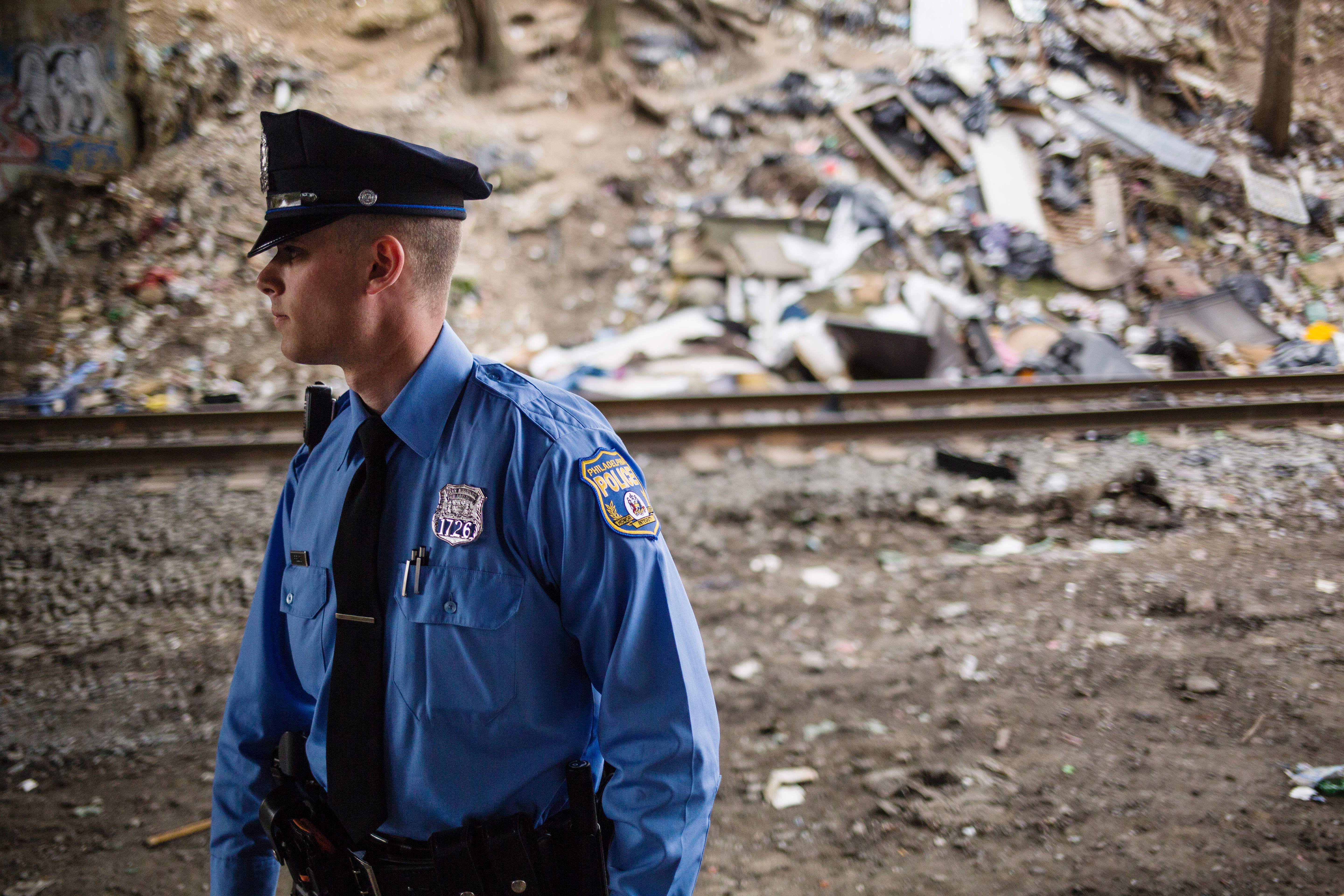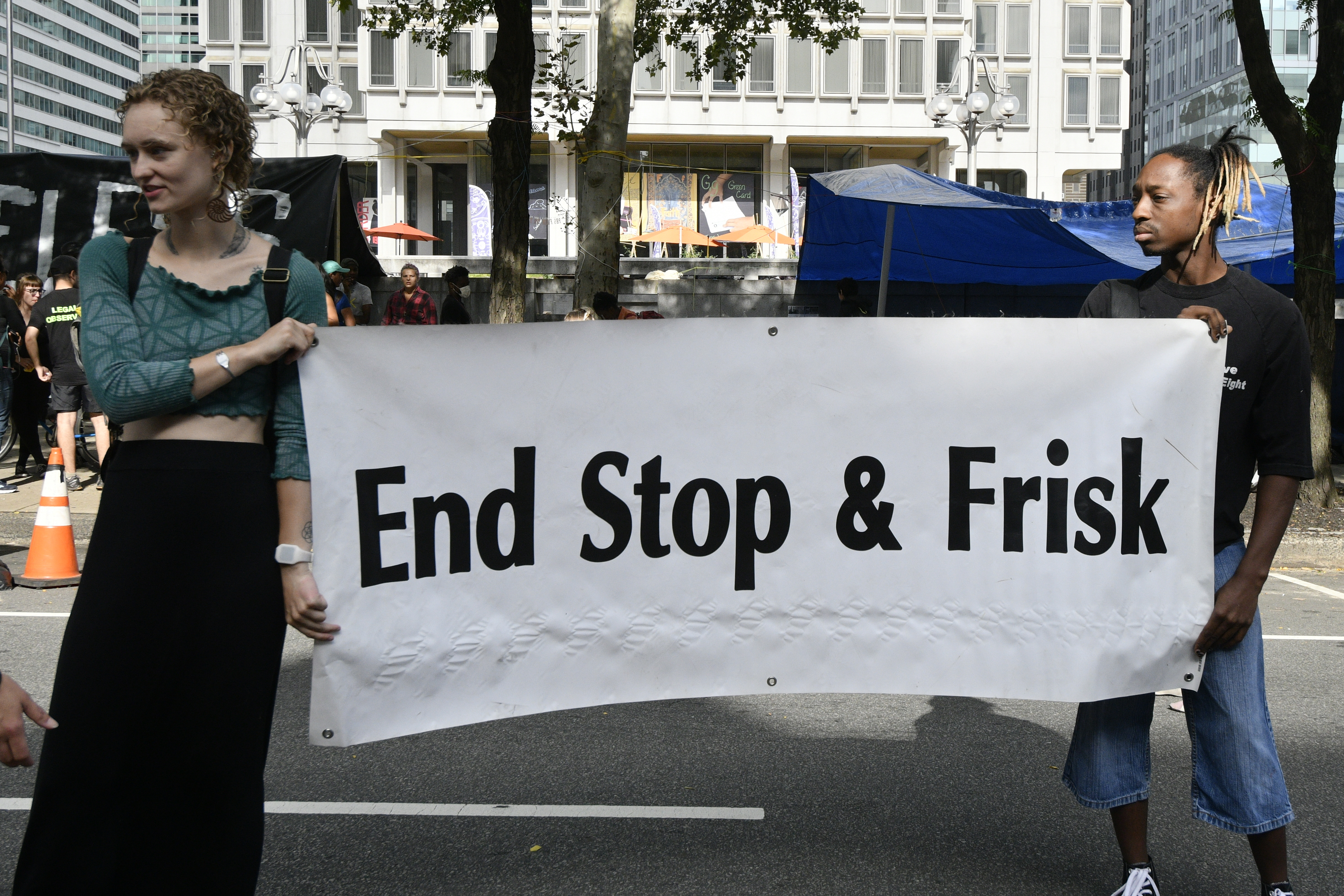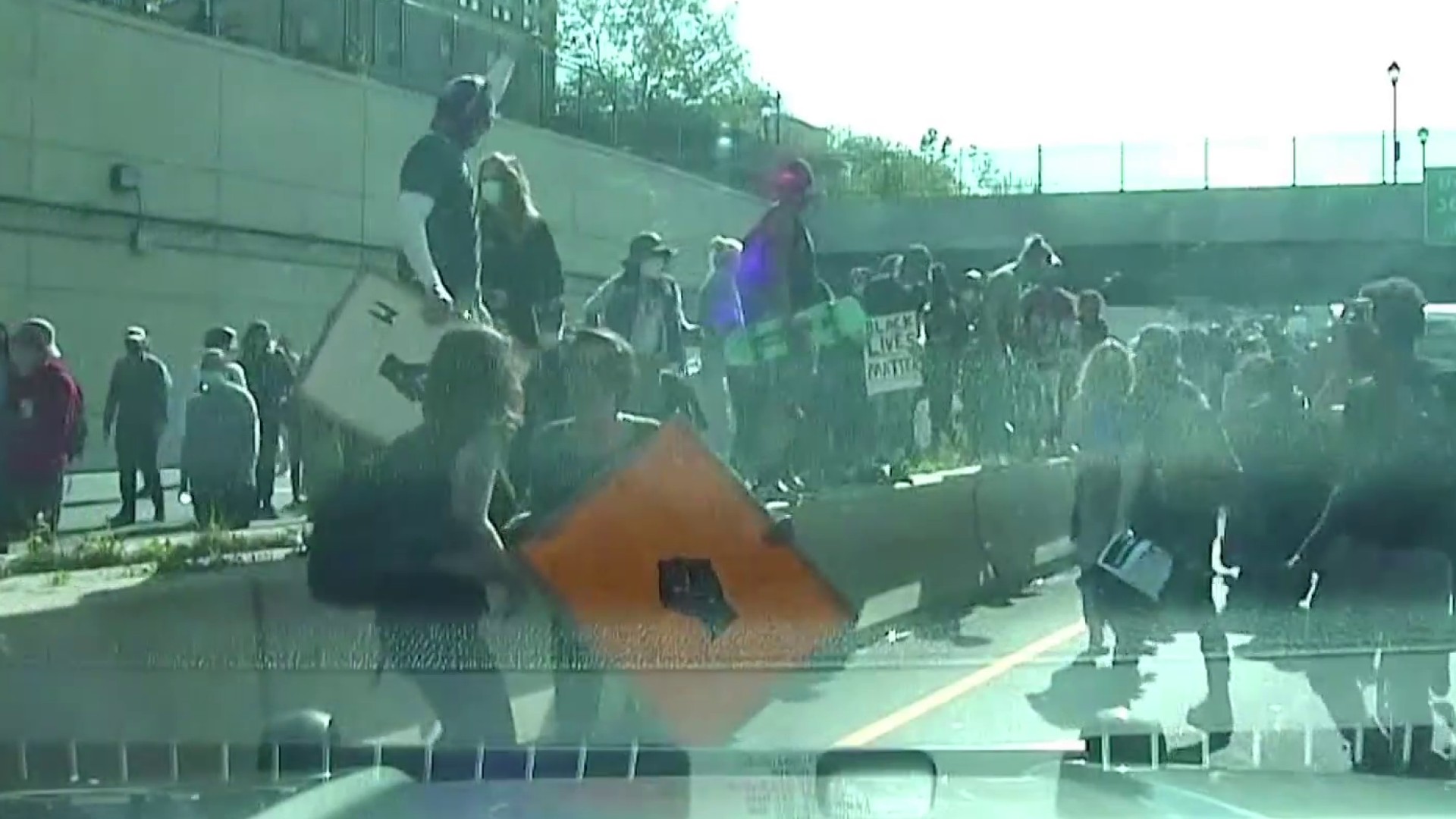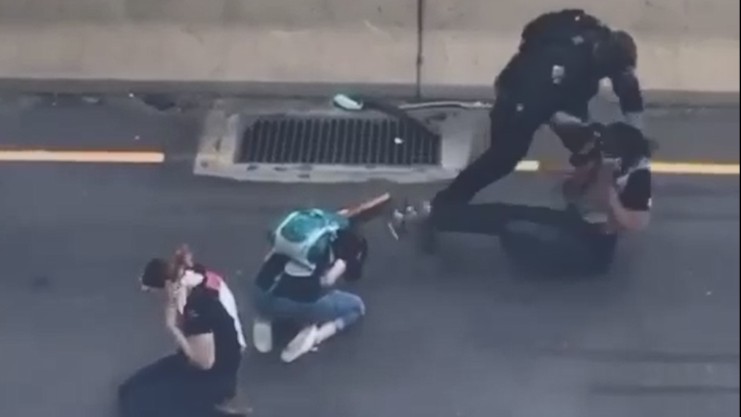Philadelphia City Council on Thursday adopted several key reforms aimed at changing policing, including a requirement that officers reside within the city, as well as putting to voters the question of ending stop and frisk.
The Council passed the series of resolutions as weeks of fallout continued after the Philadelphia Police Department’s scattershot and at times violent response during widespread protests against racism and police violence following the death of George Floyd.
Reforms approved by Council added immediate expansion to oversight and transparency to the city police department, and also added ballot questions for voters to decide on at the November election. The questions include the creation of two new oversight agencies: a Citizens Police Oversight Board and an Office of the Victim Advocate; and an amendment to the city's Home Rule Charter banning the stop-and-frisk search tactic used by police.
Earlier in June, Council members spoke out against the practice, pointing to how it disproportionately affects Black people.
Council also approved public hearings to examine police department tactics used during the protests against police brutality. Mayor Jim Kenney and Police Commissioner Danielle Outlaw on Thursday personally apologized for using tear gas on protesters in Center City and West Philadelphia in the early days of the protests. A deputy police commissioner in charge of the police response is being demoted and at least one member of the city SWAT unit will be fired.
The residency requirement for police officers extends to other civil servants and is a return to prior practice. The resolution requires that anyone hired as a civil worker must reside in Philadelphia for at least one year prior to the start of their employment.
Councilwoman Cherelle Parker, who introduced the legislation, dismissed concerns that it would put Philadelphia at a hiring disadvantage with surrounding cities. Instead, she said, the city should be able to hire from within to create a more representative police force.
An NBC10 Investigators analysis of city payroll data found that only slightly more than half the latest class of police recruits were from Philadelphia, with the rest being made up of residents from suburban Pennsylvania counties and some as far away as Florida, Chicago and New York.
“The bill is designed to change and enhance the diversity and the demographics of the Philadelphia Police Department and create a force that better reflects the culture of the city it is sworn to protect and serve,” Parker said.
A report by the ACLU of Pennsylvania backs up the long-held concerns over the use of stop-and-frisk in Philadelphia. In a random sample chosen between October and December of last year, 71% of pedestrians stopped in Philadelphia were Black. Eighteen percent of those stopped and 39% of those frisked were "without reasonable suspicion," making them unconstitutional.
More than one out of every three frisks in Philadelphia is legally unfounded, the report notes.
“It exacerbates the issues that exist between Black communities and communities of color and the police. People should be able to walk our streets without an automatic suspicion that they’re committing a crime because they’re Black,” Councilwoman Jamie Gauthier said then.
Now, voters will get to decide in November whether they want to abolish the practice.
The City Council’s public safety committee will also hold hearings over the city’s response during days of protest that were punctuated by looting and property damage but also by cases of police violence.
One of the decisions that continues to be highly scrutinized is the use of tear gas on a group of protesters who were corralled onto an embankment on the side of Interstate 676.
Officials, including Outlaw, Kenney and Managing Director Brian Abernathy, have given conflicting accounts of why officers chose to gas trapped protesters and members of the press.
Though they claimed the protesters were being violent as they blocked traffic, no such evidence emerged to back up the narrative. Instead, video of the incident shows officers violating the PPD’s own policy on the use of pepper spray.
Councilwoman Helen Gym also pointed to the use of pepper spray in other areas of the city, where some residents who weren’t protesting ended up getting sprayed, too.
She contrasted the violent conduct against protesters and minorities with the police’s lack of force against armed white men who both threatened protesters and assaulted a reporter, despite officers being nearby.
“The spirits of too many in our city are broken, and we need a truth and reconciliation process that starts with a full accounting of why things broke down once people stood up for Black Lives Matter and against systemic racism and police brutality,” Gym said.
The City Council hearings will take place concurrent with an independent investigation on the matter.





